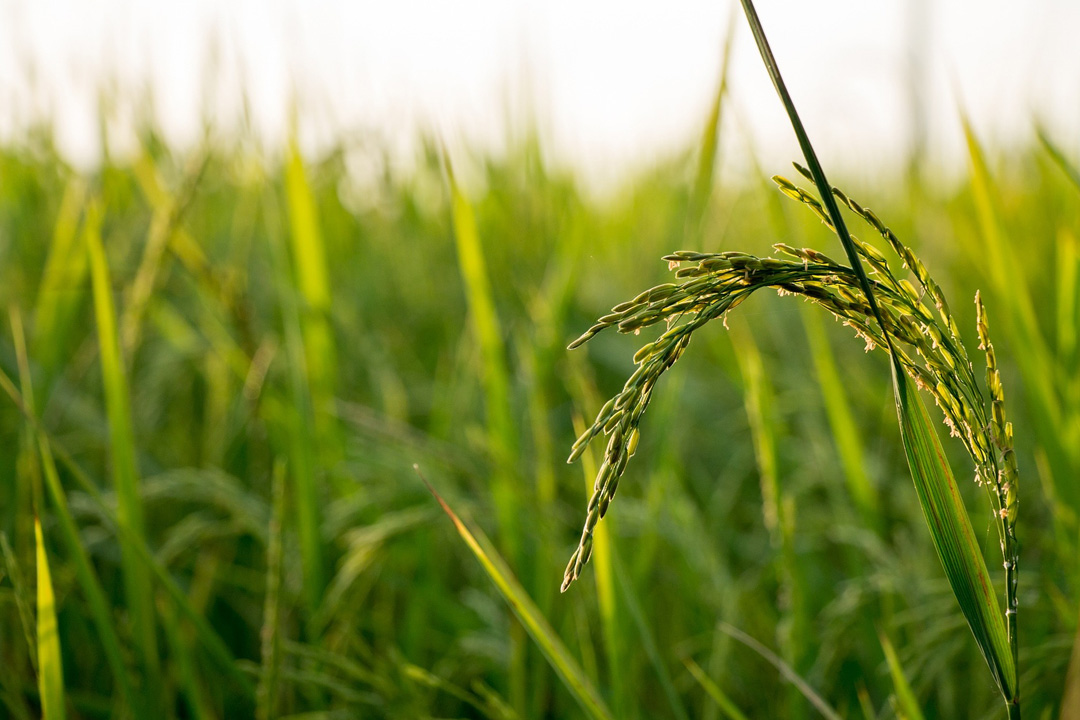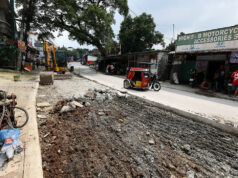PhilRice finds silicon aids in rice crops’ typhoon resilience

THE Philippine Rice Research Institute (PhilRice) said its researchers have found evidence of silicon helping improve grain yields and quality and linked it to greater resistance to typhoons in standing crops.
In a paper, “Silicon Mapping: A Potential Tool to Assess Lodging Resistance of Rice,” a team led by Jan Nico A. Lazaro concluded that silicon mitigated lodging, or the toppling of rice plants, during typhoons and heavy rains.
Rice farmers lost at least P560 million in income due to typhoons and the impact of the monsoon in July, according to the Department of Agriculture (DA), the parent agency of PhilRice.
Mr. Lazaro said silicon has been studied as a nutrient to help plants resist stress and announced plans to conduct further research in field conditions.
These findings support the conclusions arrived at by overseas researchers Dong Liqiang and Jiang Hao. Mr. Dong found that silicon in reduced nitrogen-fertilized soil improves rice yields while Mr. Jiang found that yields improved even in semi-arid regions.
PhilRice will seek to breed more resilient rice varieties optimized to exploit the silicon effect.
The PhilRice study was funded by China’s Jilin Science and Technology Development Plan Project, in collaboration with the DA’s Philippine Center for Postharvest Development and Mechanization. — Andre Christopher H. Alampay



